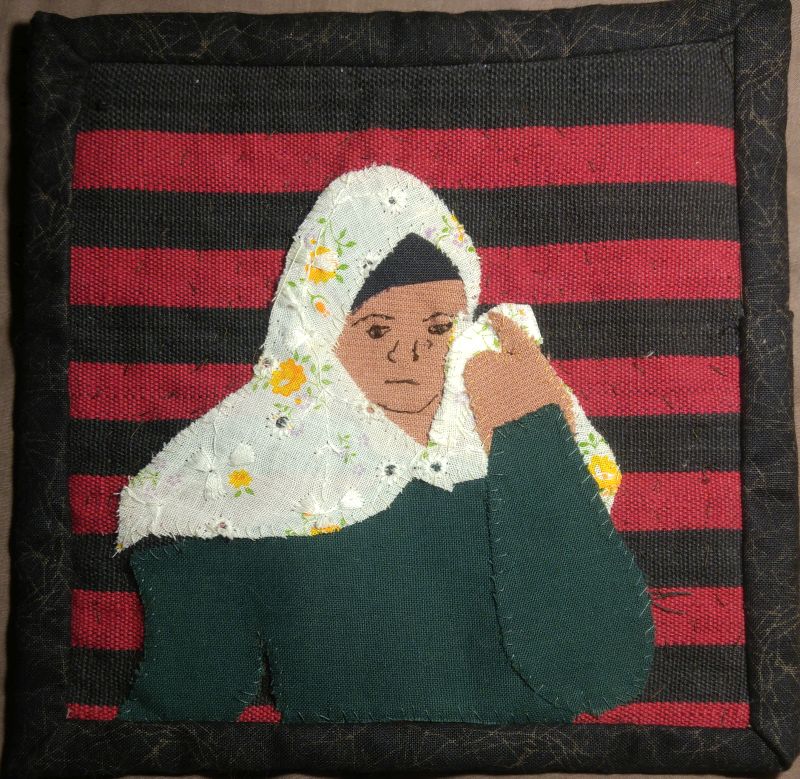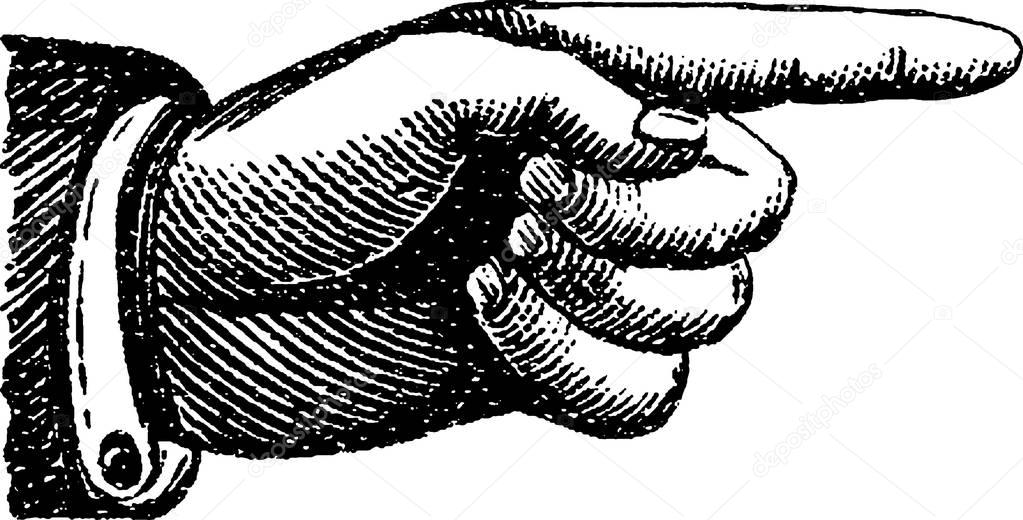A Note from Bob
December 2024

Oh, Palestine
by Sima Elizabeth Shefrin, 2023
This is my 40th Old Folksinger’s Pick. “Who,” as Greg Brown used to sing, “woulda thunk it?”
Back at the beginning, in 1985, I copied those first tunes onto cassette tapes and gave them to a dozen friends. By the time the internet opened to the public in 1993, OFP was already eight. It was 20 when YouTube started. Spotify – the bastards - began when OFP turned 23.
As folk songs have always done, the Old Folksinger’s picks reflected (or protested) the issues and attitudes of the times. Leon Rosselson sang, “The earth is a common treasury for all.”
“You don’t own it,” Scott Cook adds, “Time won’t loan it to you for long.”
Rob Johnson rhymed
There’s never enough for the poor,
But there’s always enough for a war.
Pete Seeger sang out a warning: we were (and are) “waist deep in the Big Muddy.” Bruce Cockburn gave us a Rocket Launcher.
This year, at 40, OFP rings in a year of Trump 2.0 and, God help us, Pierre Poilievre. Still we sing – through the bomb cyclones, the heat domes and the atmospheric rivers; through floods and forest fires; through famines, natural and man-made. Somehow the songs give me hope, even in the face of the horrific and seemingly unstoppable destruction of Gaza.
This last has led me to break my one, long-standing rule for choosing the OFP list. I have included two of my own performances, my update of Leon Rosselson’s Rivka and Mohammed, and my reworking of Pete Morton’s Another Train. Yes, I know that my singing won’t save a single Palestinian child from Israel’s bombs, but I will not condone the carnage by my silence. As Rabbi Abraham Joshua Heschel wrote about Vietnam, “Some are guilty, all are responsible.” Amen, Rabbi. Please join me and do anything you can to ease the suffering in Palestine. May all our voices together have the force of water on stone.
bb
PS. Thank you to Skel Jopko for once again getting OFP up on-line; to Ron Coté who recorded Rivka and Another Train; to Ben Mink for his usual magic; and to Mike Norris, whose weekly folk music podcasts from Cecil Sharp House in London have introduced me to many a fine singer and song. https://www.efdss.org/about-us/folk-player/listen-classic-folk.
Lastly and always, I’m grateful to Elizabeth Shefrin, just because.
Stay in touch, eh. bob@bossin.com
Notes on the songs
To learn more about the singers or the songs, or to find lyrics, a short consultation with Rabbi Google will usually do the trick. That said, here are a few personal notes.
07. Turkwaz hails from Toronto. Love on a Rainy Day is a Rumeli folk song from Macedonia, sung in Turkish.
08. Mr. Michael Mara died in 2012. The passing of the “Bard of Dundee” was deeply mourned by the Scottish music community.
13. The World Is What You Make It. If there was a poll asking folkies to pick the best-ever modern rendering of a folk song, I’d give odds that the winner would be Paul Brady’s 1977 recording of “Arthur McBride”.https://www.youtube.com/watch?v=cBGkhPx529g. Since the 1970s, Brady has gone from success to success in the rock/pop world. Bob Dylan is a fan.
15. A Bigger Tent. If you live on Gabriola Island, you can see Scott Cook and Pamela Mae in concert on March 1. If you don't, catch one of their warm, thoughtful, funny performances when you can. Scott is, IMO, the best songwriter Canada has produced in years.
16. Dar Williams' The Christians and the Pagans has become an underground Christmas classic. Joan Crowe's rendition was recorded at "Jim Caruso’s Cast Party", the Monday-night open mic at New York's legendary jazz club, Birdland. Broadway shows are dark on Mondays and lots of cast members come to Birdland to sing for one another. Lyrics here: https://genius.com/Dar-williams-the-christians-and-the-pagans-lyrics
17. A half century after their time, Jock Tamson’s Bairns remain unsurpassed as interpreters of Scottish traditional music. Sadly, Rod Paterson, here singing Robbie Burns’ Wantonness, died earlier this year. Rod and I met when Stringband played the Edinburgh Fringe in 1983 and we stayed in touch. Not too long ago, Elizabeth and I visited Kincraigie, Rod's wee stane hoose on the edge of Birnham Wood. By then Rod had retired from performing and was teaching traditional Scottish singing at the Glasgow Conservatoire (which the students call the Abattoir). Professor Paterson was known for always advising, “Sing it slower.” My advice: don’t put off connecting with dear old friends.
18. Leon Rosselson wrote “The Ballad of Rivka and Muhammed” during Israel’s 2014 bombardment of Gaza –“mowing the lawn,” former Israeli Minister of Defense Yoav Gallant calls it. I urged Leon to bring the piece back, updating it for what is happening now. He demurred, citing his age, 91. Leon encouraged me to do it myself. I ran my revisions by him and eventually came to this version of the song. With Corbin Keep on cello.
19. Ewan MacColl wrote Dirty Old Town 75 years ago. The BBC decided to celebrate the anniversary with a new recording by MacColl’s longtime partner, Peggy Seeger accompanied by the BBC Philharmonic. The orchestral arrangement is by Peggy’s daughter-in-law, composer Kate St. John. The guitarist is Niall MacColl, Kate’s husband and Ewan and Peggy’s son. Well done, BBC.
20. Pete Rose, the subject of Dan Bern’s Gamblin’ With My Love, died this year at 83. Rose holds the record for the most hits of any baseball player ever. In 1989, after it was discovered that Rose had been betting on games, baseball commissioner Bart Giamatti banned Pete from baseball for life. Eight days after the decision, Giamatti died. The “Martha” in the song is based on Martha Wainwright, the daughter of Kate McGarrigle and Louden Wainwright. Most people don’t like this song as much as I do, but I like it enough for us all.
21. Chris Wood is an amazing songwriter. Listen to his “This Love Won’t Let You Fail” on OFP2019, or “The Cottager’s Reply” on OFP2021. And now A Whole Life Lived. Speechless.
23. I can’t help but smile at Back Door Key, as a lapsed birder, a neophyte gardener, and for other reasons best left un-discussed.
24. I first heard Pete Morton’s Another Train a year ago and included it in OFP2023. Since then, Americans re-elected Trump, the horror in Gaza turned into full-on genocide, and Canadians braced themselves for life under Pierre Poilievre. It’s a bad time for progressives. Still I remind myself of what I.F. Stone used to say – without all the battles lost, the eventual victory would never happen. With that in mind, and “Another Train” in my head, I started infringing on Pete Morton’s copyright. Eventually with trepidation, I sent Morton, who I have never met, my alternate “Train”. Bless him, he approved, so here it is. Strings by Ben Mink. Ben and I have played together for over 50 years. How lucky can you get?
The Songs
- 01. Decosimo, Richardson & Screy - Betty Baker
- 02. Kate Rusby - Jenny
- 03. Al Stewart - Katherine of Oregon
- 04. Amy Laurenson - Shetland Reels
- 05. Barry Dransfield - Irish Session
- 06. The Shackleton Trio - The Dog Who Would Not Be Washed - Cape Breton Dream
- 07. Turkwaz - Love on a Rainy Day
- 08. Tim Dalling - Mr. Michael Marra
- 09. John Boden - The London Waterman
- 10. Keith Murphy - Boatman’s Cure
- 11. The Wilson Family - Miner's Lifeguard
- 12. Jubilaires - The preacher and the Bear
- 13. Paul Brady - The World is What You Make It
- 14. La Bottine Souriante - Le Reel de Pointe-au-Pic
- 15. Scott Cook & Pamela Mae - A Bigger Tent
- 16. Joan Crowe - The Christians and the Pagans
- 17. Jock Tamson's Bairns - Brave Lewie Roy & Wantonness
- 18. Bob Bossin - Rivka and Muhammed
- 19. Peggy Seeger & BBC Philharmonic - Dirty Old Town
- 20. Dan Bern - Gamblin' With My Love (Pete Rose)
- 21. Chris Wood - A Whole Life Lived
- 22. Mary Humphreys & Anahata - Rosemary Lane
- 23. Zoey Mulford - Back Door Key
- 24. Bob Bossin - Another Train
- 25. Decosimo, Richardson & Screy - Betty Baker reprise

 This way to
This way to